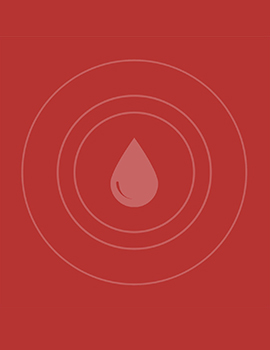Clinical Chemistry - Bilirubin
Bilirubin is one of the most common diagnostic tests utilised in the diagnosis and monitoring of hepatic dysfunction. It is impaired in cholestatic and parenchymal liver diseases. The most common condition associated with elevated levels is jaundice (a clinical sign of hyperbilirubinaemia), characterised by the yellow colouring of skin, mucous membranes and sclera.
Today, it is recognised as being more than just an end-product and considered to be a fundamental substance. Bilirubin is recognised as acting as an antioxidant and anti-inflammatory agent in serum. Evidence exists that states that it can neutralise free radicals, prevent peroxidation of lipids and protects the cardiovascular system, hepatobiliary system, immune system, neuronal system and pulmonary system.
-
Clinical Chemistry
- Randox
-
Bilirubin

